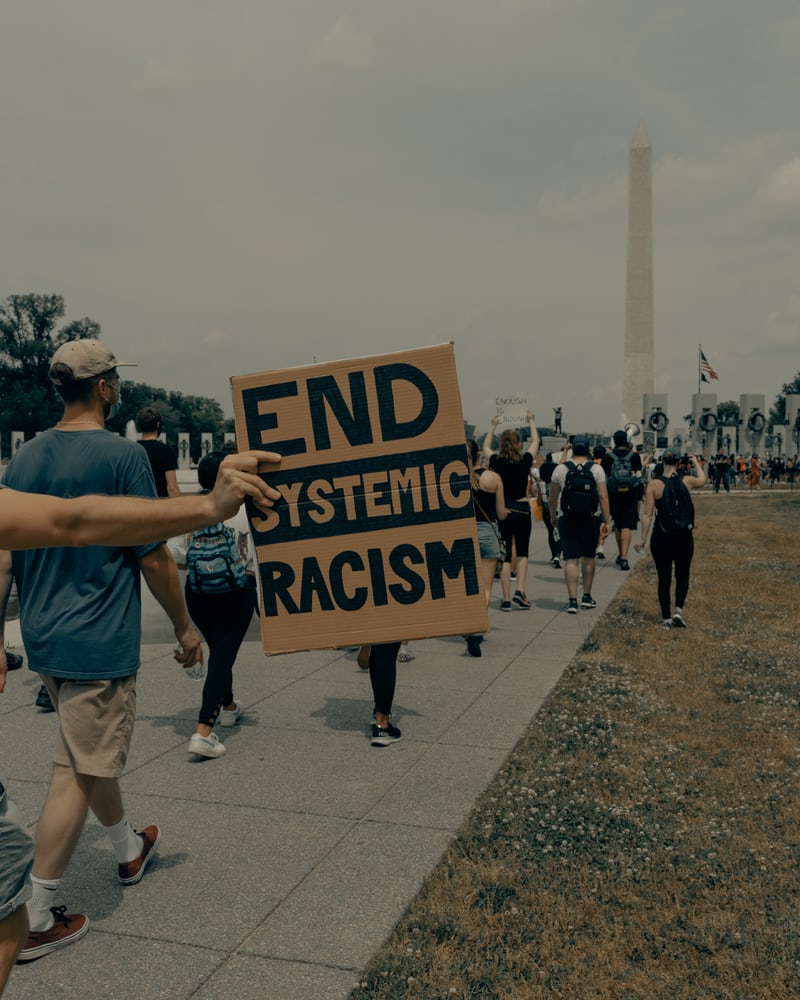Recently the government released a report on race and ethnic disparities, with the aim to offer a roadmap to racial fairness in the UK. The main chapters of the report covered 4 key areas: education, crime and policing, employment, and healthcare. The commissioners, who were predominantly from ethnic minority backgrounds, covered success stories but also delved into areas where there has been persistent racism. Their recommendations boiled down to 4 themes: build trust, promote fairness, create agency and achieve inclusivity. This report has created a lot of division instead of the intended unification of communities, and stirred up controversy, pain and frustration as Black and Asian communities felt as though their lived personal experiences had been glazed over. As Christians, how should we process and respond to such a report?
Unity doesn’t equate to uniformity
The Bible includes many examples of where people from diverse backgrounds were celebrated, carried out a divine purpose and glorified God. For example, there is the parable of the Samaritan man who behaved like a loving and compassionate neighbour independent of gender/tribe (Luke 10:25-37), secondly there was Moses who had a Cushite wife called Zipporah who was by his side throughout (Exodus 2). Thirdly in the book of Ruth, Ruth dedicated herself to God through her relationship with Naomi, yet she was a Moabite woman, “…the LORD does not look at the things people look at. People look at the outward appearance, but the LORD looks at the heart” (1 Samuel 16:7). Finally in Acts we see the life of Timothy, a man full of faith and on fire for God, yet his father was a Greek Gentile. On the day of Pentecost in the book of Acts, as each believer was filled with the Holy Spirit they spoke different languages, but the crowd who gathered could hear those in the upper room speaking in their own language/dialect! Diversity is seen as beautiful in the eyes of God; the diversity of humanity is as kaleidoscopic as the image of God we reflect.

Jesus came to unify all nations
Whilst on earth we live under the authority of the government, but most importantly we live under the authority of God; the Maker of heaven and earth “the earth is the Lord’s and everything in it” (1 Corinthians 10:26). Whilst you may feel powerless, alone or unseen, remember there is a God who sent His one and only beloved Son to die just for you (John 3:16). You are His child, made in His likeness and He is mindful of you. We serve a God who cares about every detail of our life (Psalm 139:3-7). Racism along with many other atrocities is a consequence of living in a fallen world, we must remember we are in this world but not of it (Romans 12:2). The things we see and experience were never God’s intention for this world and whilst at times the things we hear and read on the news or social media can seem unbearable, we should be reminded that Christ Himself is the pioneer of reconciliation;
“He himself is our peace, who has made the two groups one and has destroyed the barrier, the dividing wall of hostility,”
Ephesians 2:14

How do we process injustice?
As Christians we know that our days on earth are numbered, this is not our home or our final destination. The book of Revelation gives us an insight into what our eternity will look like, and what a glorious image it is! People from every nation will bow before the lamb, will worship God side by side together as brothers and sisters. We serve a just, omnipotent, and omniscient God who oversees everything. He is a God who loves every nation and racism and/or institutional racism is not compatible with God’s nature or His Word. We pray as the church that we continue to be light and salt (Matthew 5:13) on this earth, that we would set the standard of racial reconciliation and usher in the Kingdom of heaven wherever we go and whoever we are with. God embraces diversity, He doesn’t seek to erase it.